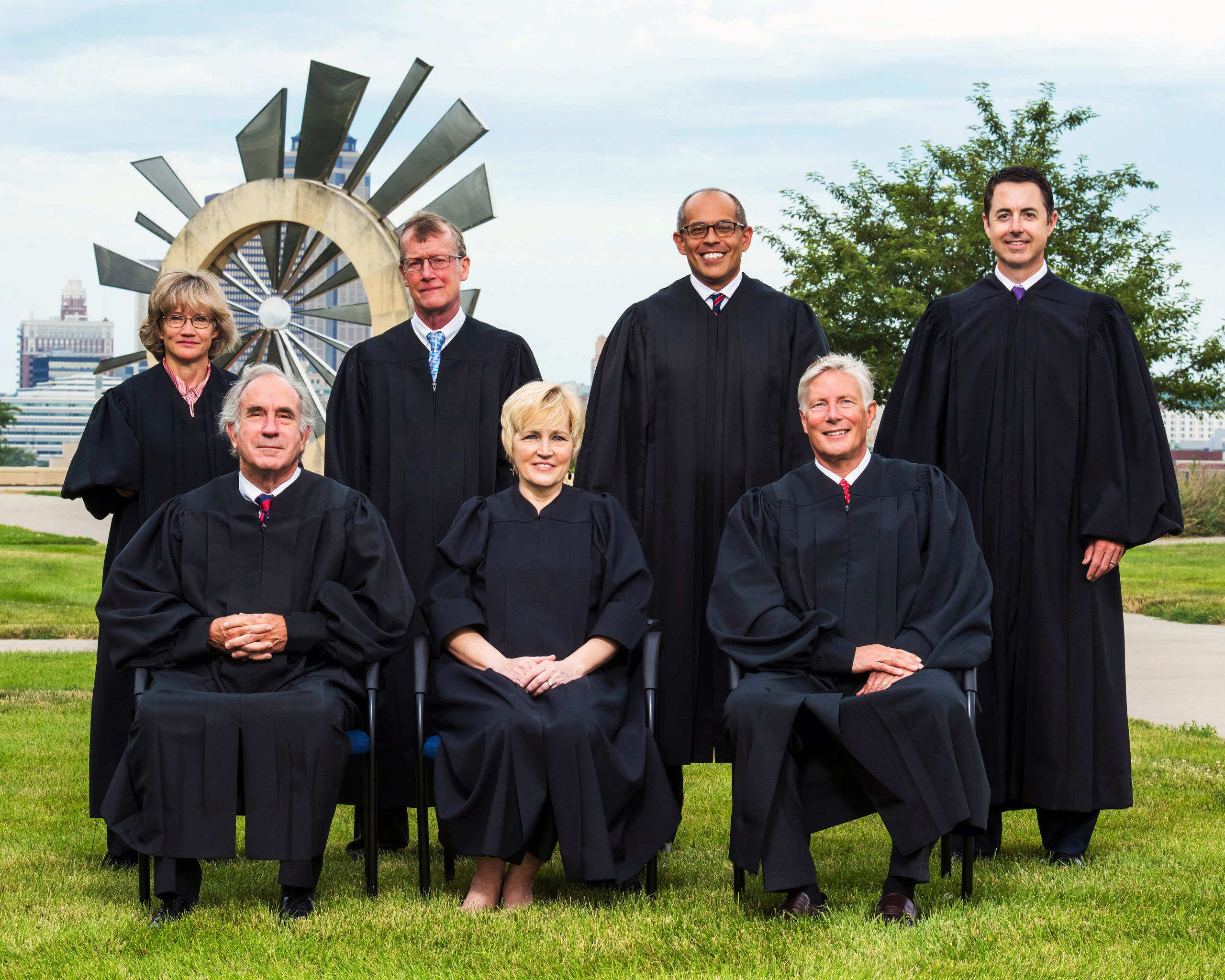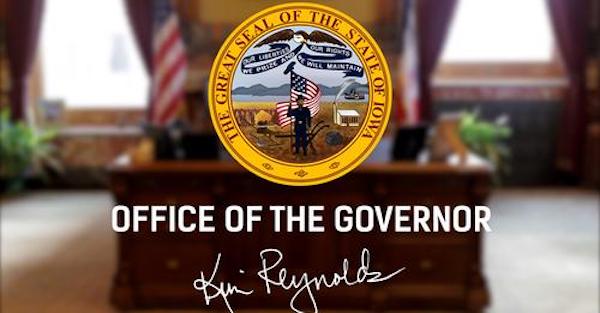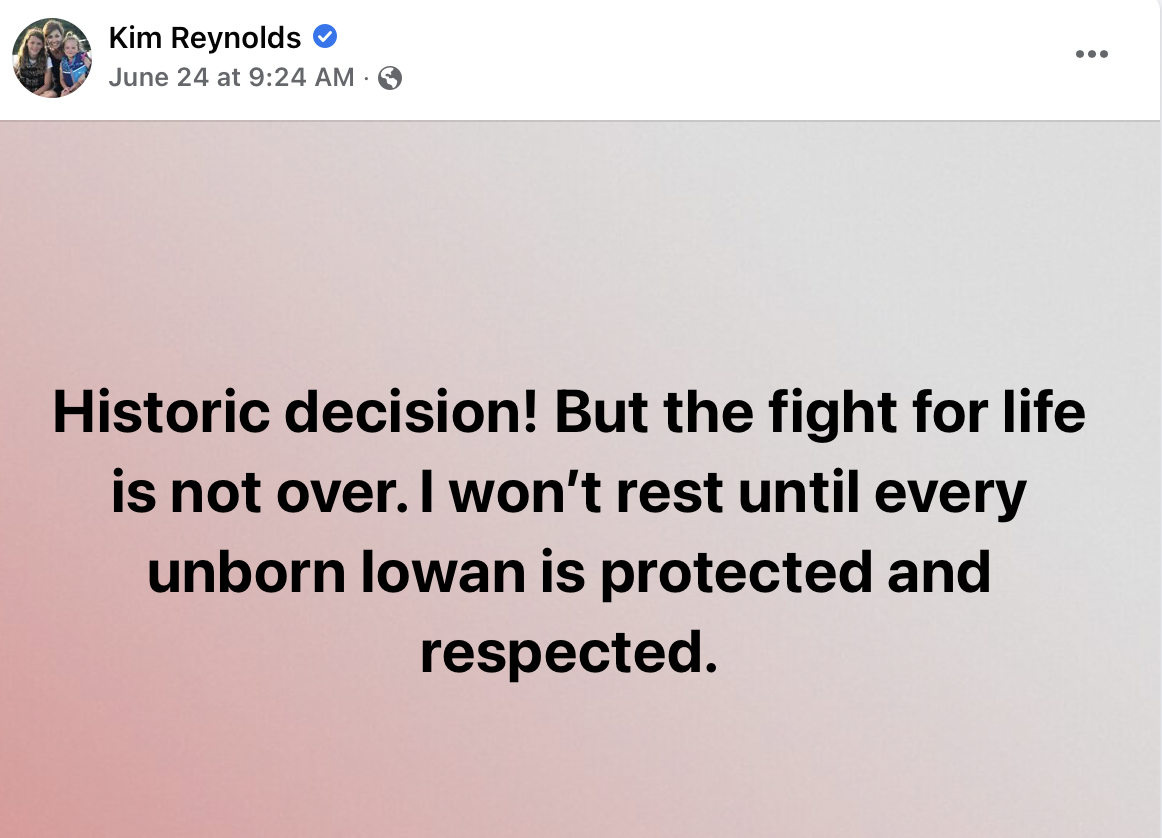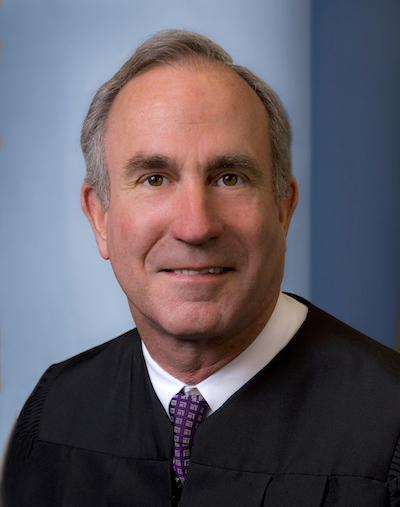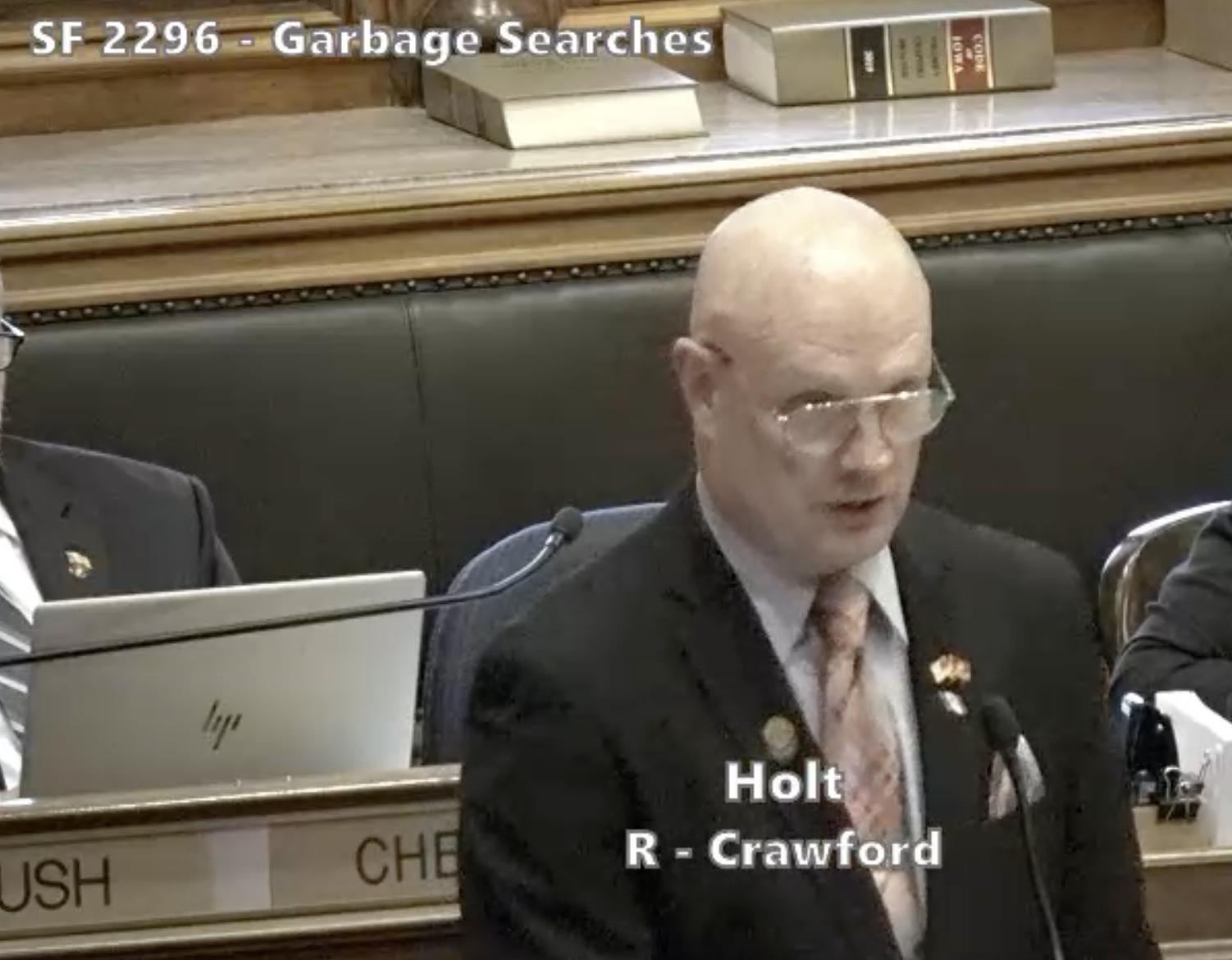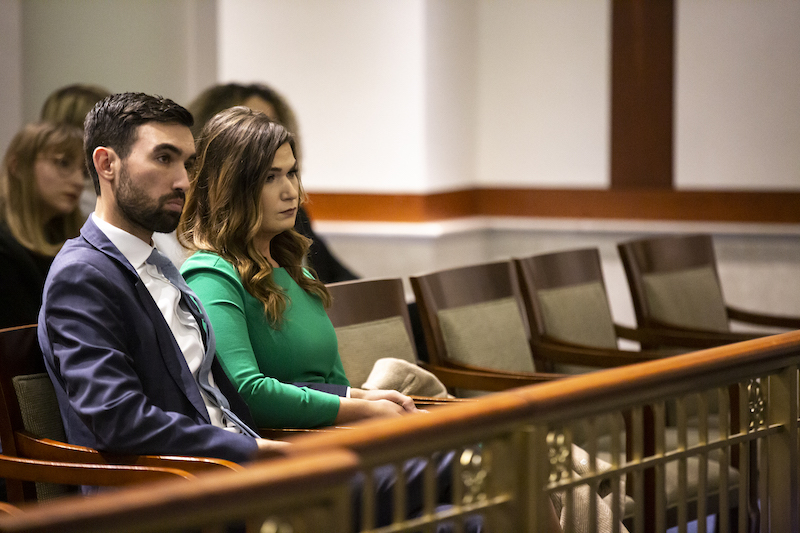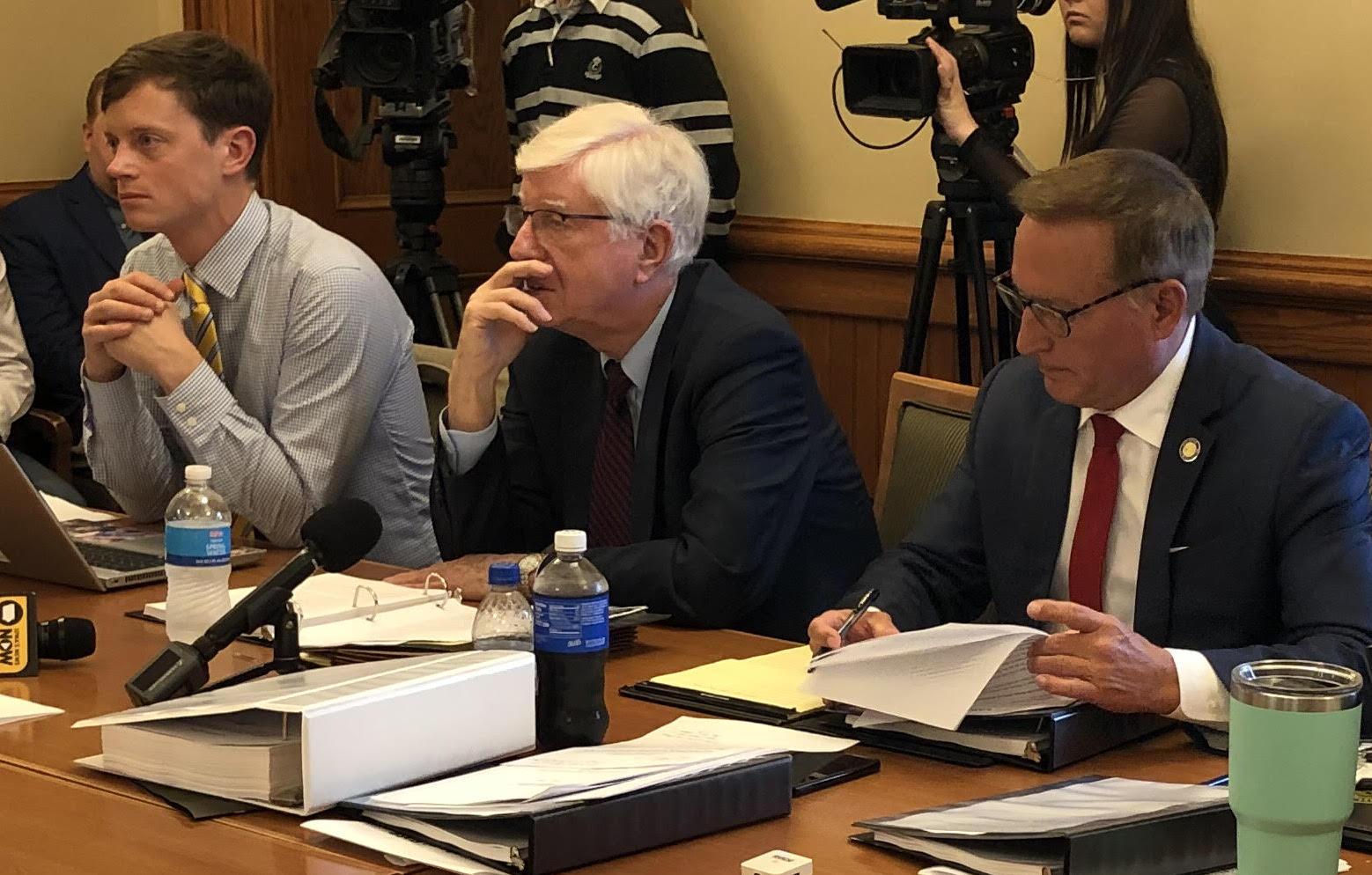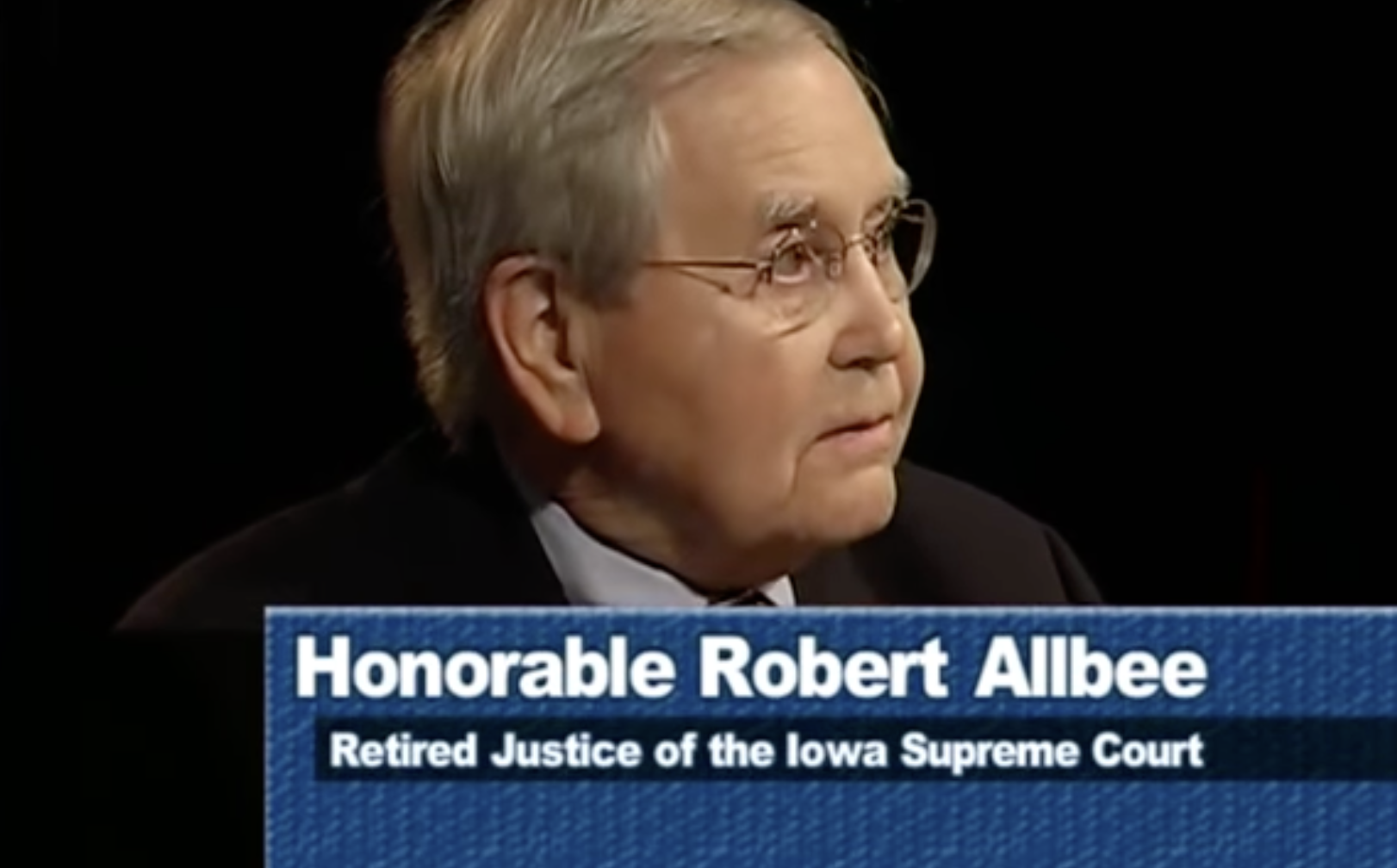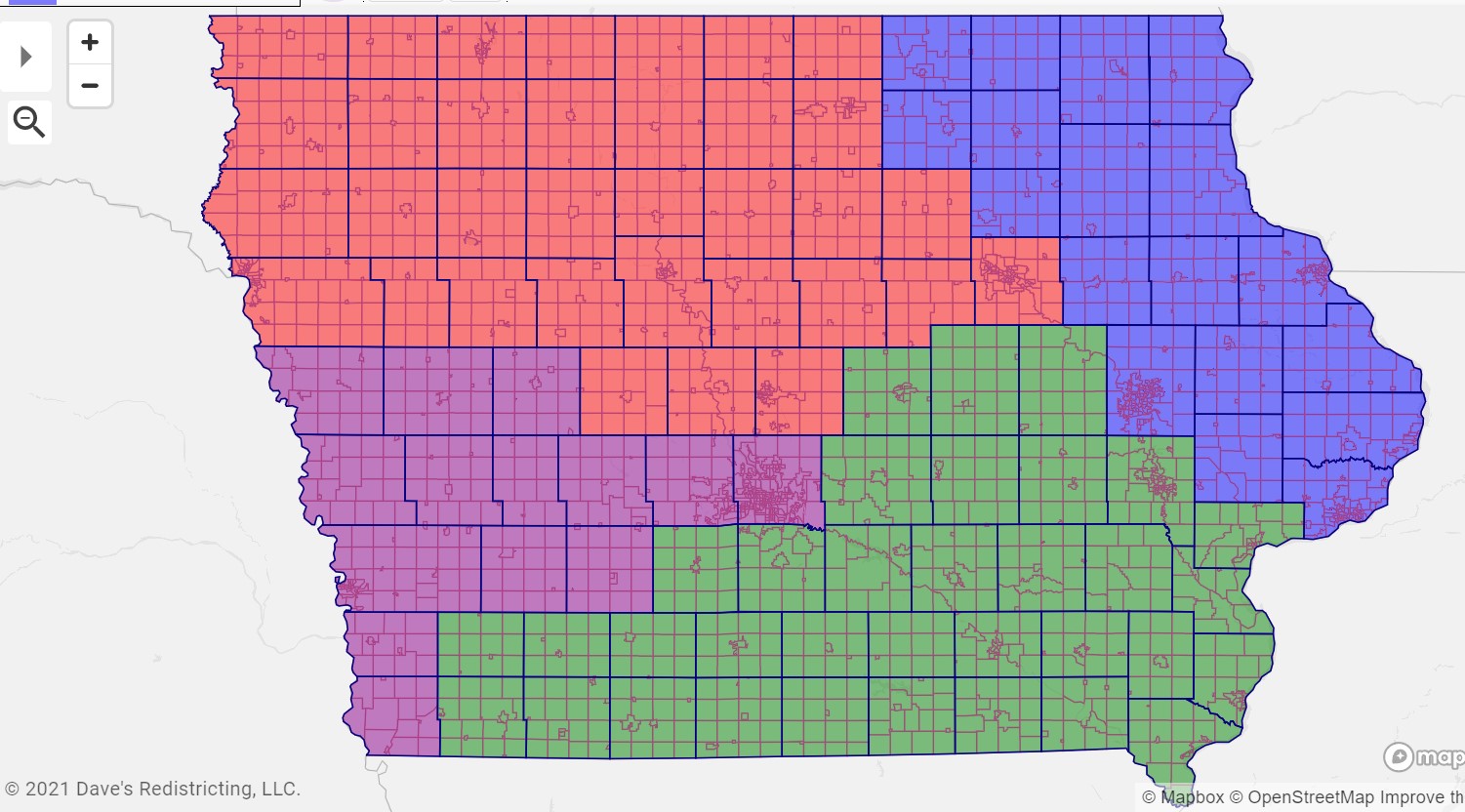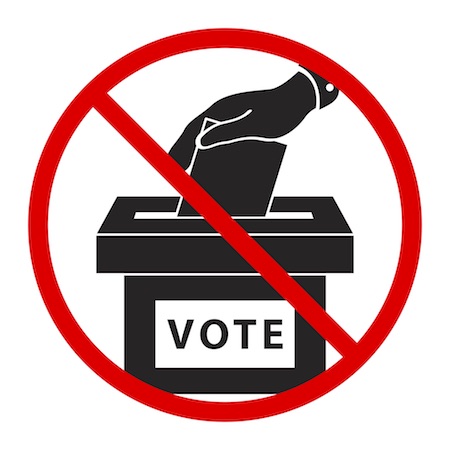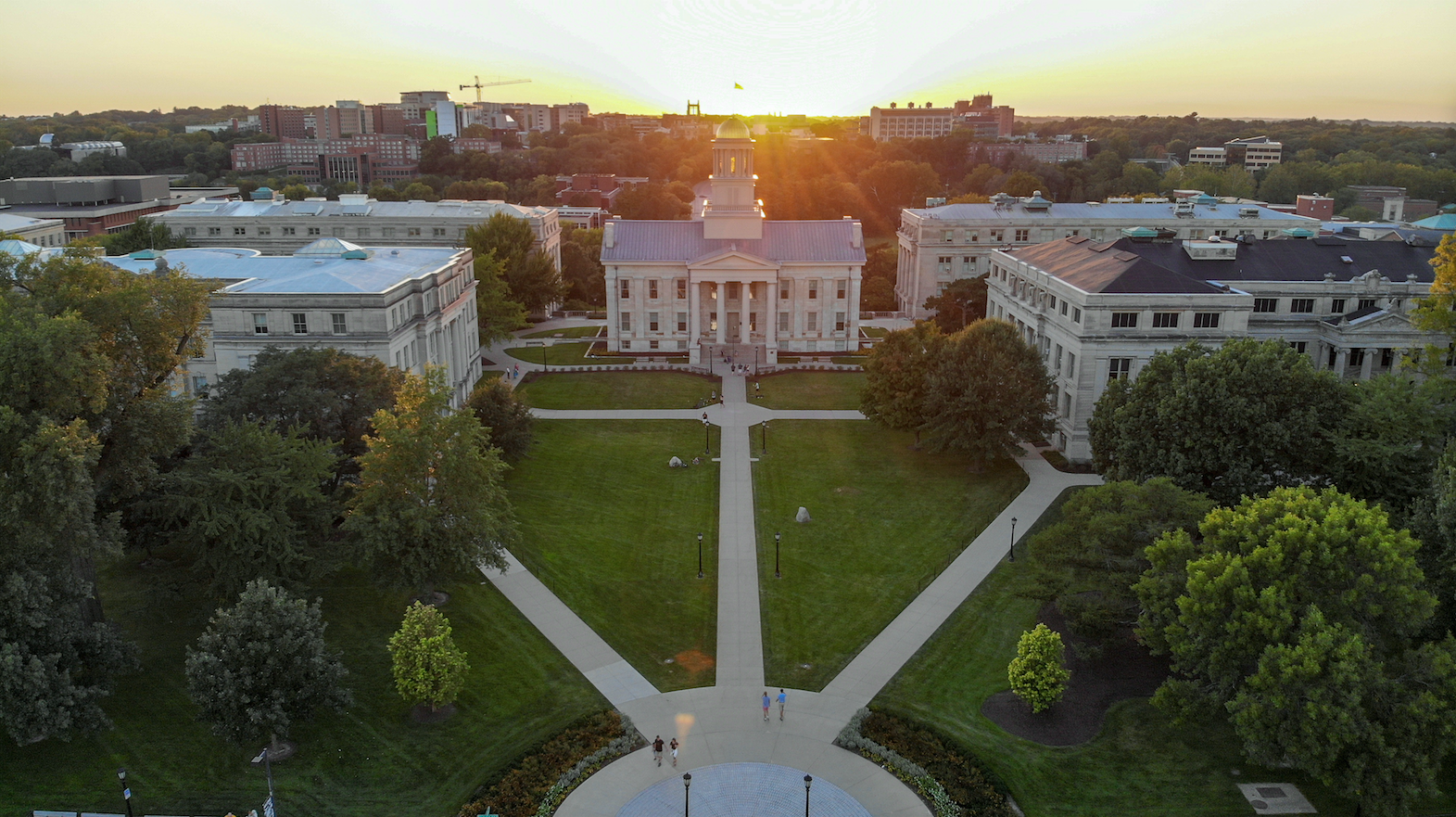Disclosure: I am a plaintiff in an open records lawsuit that is pending before the Iowa Supreme Court on interlocutory appeal. (The governor’s office appealed a lower court ruling against the state’s motion to dismiss our case.) That litigation has nothing to do with this post.
On the back side of Iowa’s general election ballot, voters have a chance to vote yes or no on allowing two Iowa Supreme Court justices, two Iowa Court of Appeals judges, and dozens of lower court judges to remain on the bench.
No organizations are campaigning or spending money against retaining Justices Dana Oxley and Matthew McDermott, whom Governor Kim Reynolds appointed in 2020.
Nevertheless, I expect the justices to receive a lower share of the retention vote than most of their predecessors. Shortly after the newest justices were part of a controversial ruling on abortion in June, the Iowa Poll by Selzer & Co for the Des Moines Register and Mediacom found a partisan split in attitudes toward the Iowa Supreme Court, with a significant share of Democrats and independents disapproving of the court’s work.
This post seeks to provide context on how the justices up for retention have approached Iowa Supreme Court decisions that may particularly interest Bleeding Heartland readers.
Continue Reading...



